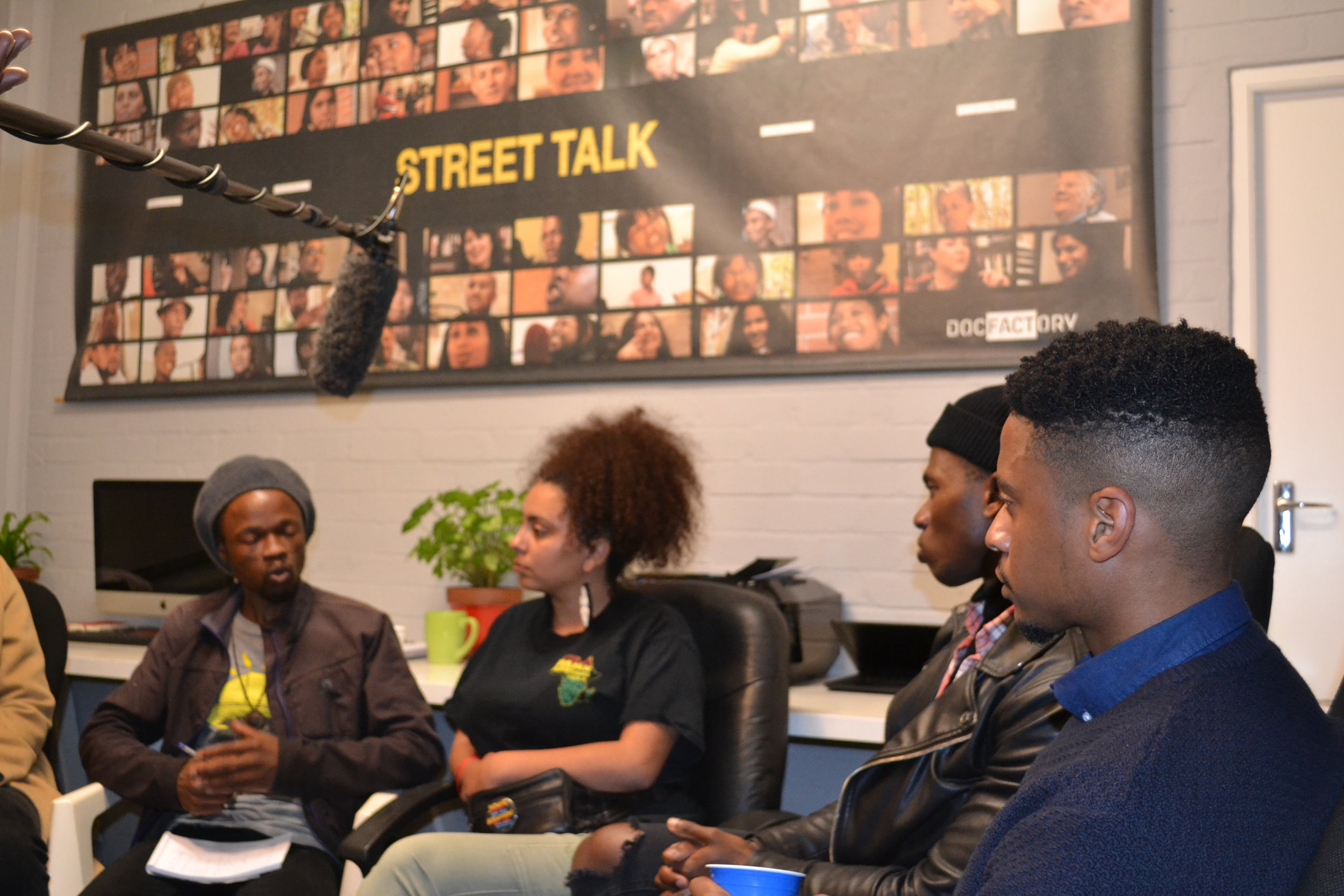I knew that my travel to South Africa was a quest for something far greater than anything a study abroad or internship program could offer. Of course, I wanted to embark on a new experience and gain valuable career development skills, but my deep-seated desire went beyond these aims. I longed to be in the land where my ancestors once roamed freely. “Kayla is going to Wakanda!” My African-American friends shouted during my Wakanda-themed going-away party. The romanticized perception I had of being in the “motherland” was one that created dissonance with the reality I witnessed upon my arrival there. It was immediately apparent that the disparity of wealth between the rich and poor was a mere reflection of the lasting effects of a racial caste system—the apartheid. Whites owned much of the economic wealth, whereas Blacks and coloreds were still very much impoverished. “You see those beautiful houses near that ocean. That’s where Blacks used to live. They used to own that land until they were forced out by the government during the apartheid,” my Black Uber driver yelled from the driver seat. A chilling ache ran through my body as I thought about how oppressed Black people are around the world. This served as even more of a reason why I felt the need to connect with my African brothers and sisters. I felt that we shared a similar journey of oppression; we were just in different locations geographically. However, one day, some of my friends put things into perspective.
“What does Africa mean to you?” A voice bellowed over my glass of wine. All eyes were on me, and I was among intellectual doctoral students (whom I had accidentally met at a store in Cape Town). The one asking was from South Africa and had moved to America to attend Princeton University for his doctoral program. “What do you mean? I asked nervously. “I mean…what does Africa mean to you? I see you with an African necklace on, and you keep telling us that you are African, and I don’t understand how? There is no direct lineage to Africa.” How dare he question my “African-ness.” I fumed. I argued with him for what seemed like an hour as I explained that my ancestors were stolen from Africa and that I felt more connected to Africa than to America. My African-American privilege was checked quickly as we began to break down what it meant to be African especially in this day and age. The systemic oppression faced was similar to that in the States, but the socioeconomic oppression was far greater within the entire diaspora.
The conversation was fruitful, and although I was offended at first, it served as a resource for very important self-reflection. It was then that I decided to present a pitch to the director of Street Talk (where I interned) to host a conversation with African Americans and Black South Africans about identity and how we perceive each other. After weeks of research and planning, we filmed a conversation between the two called “Aren’t we all Black?” People were in disagreement, passionate, irritated, and reflective. In other words, they were the same way I was when asked the same question a couple of weeks back. “At the end of the day, we must unite as Black people to continue our growth,” the Rastafarian said in closing the discussion. It suddenly dawned on me that I am a Black American: A lot of privilege is attached to being American but being Black holds little privilege in America. This is why I’ve always felt so compelled to substantiate my “African-ness” as opposed to my Black “American-ness”. Nonetheless, I am not an African living and dealing with the issues currently happening in Africa. Yes, my lineage traces back to Africa, and yes, we share a lot of the same struggles due to colonization, but we are not dealing with the same things from day to day. The acknowledgment of this is important and necessary. My understanding of my identity as a Black person has for the first time in my entire life been clearer than ever before. That’s what this experience has provided, and I am so blessed and grateful for it!




